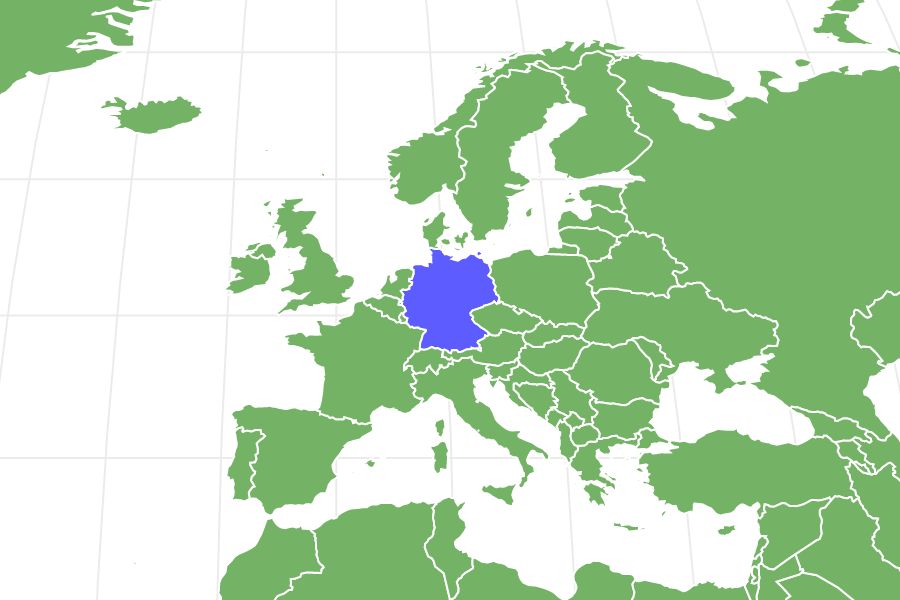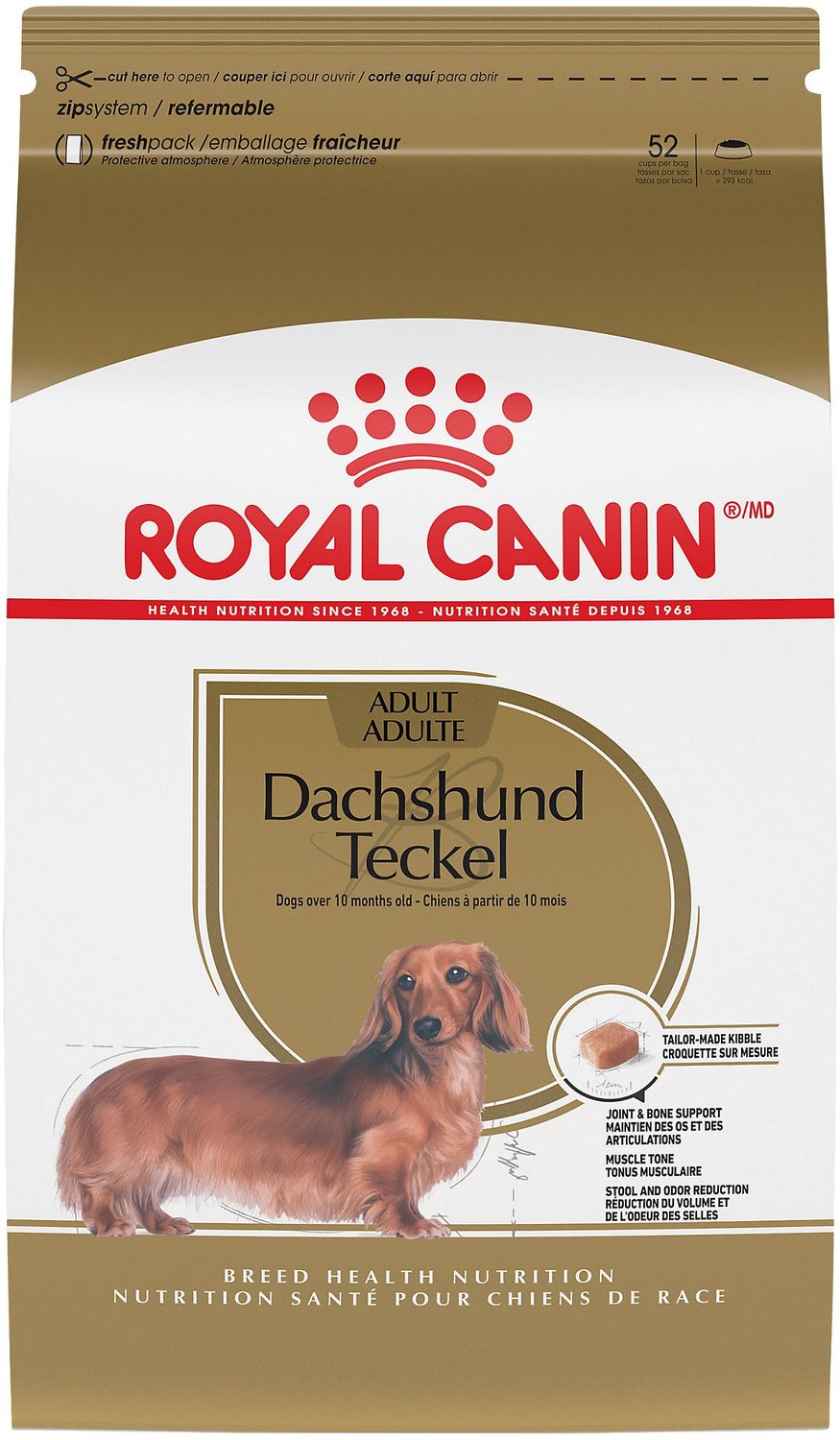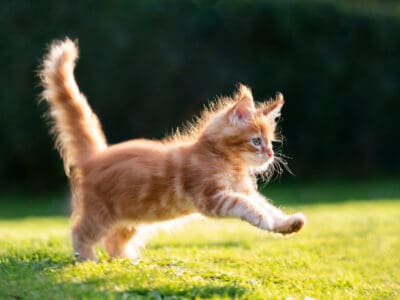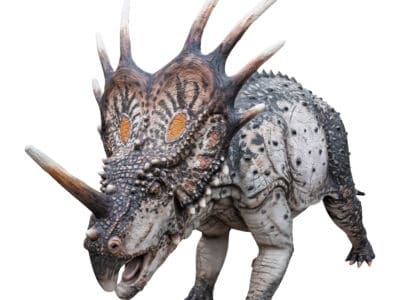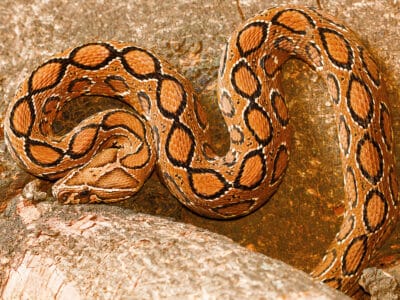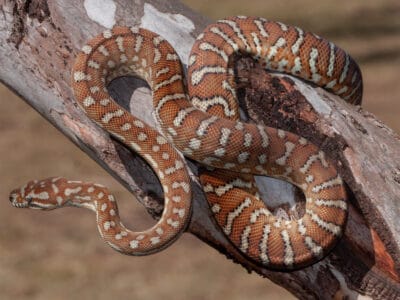Dachshund
.jumbotron {
background-image: url(“https://a-z-animals.com/media/2018/09/Dachshund-header2-400×300.jpg”);
}
}
@media only screen and (min-width: 641px) and (max-width: 920px) {
.jumbotron {
background-image: url(“https://a-z-animals.com/media/2018/09/Dachshund-header2-470×370.jpg”);
}
}
@media only screen and (min-width: 921px) {
.jumbotron {
background-image: url(“https://a-z-animals.com/media/2018/09/Dachshund-header2.jpg”);
}
}
Dachshund
Canis lupus
The doxie’s actual name, dachshund, directly describes its original purpose. Dachs means badger and hund means hunting in the German language.
Dachshund Scientific Classification
- Kingdom
- Animalia
- Phylum
- Chordata
- Class
- Mammalia
- Order
- Carnivora
- Family
- Canidae
- Genus
- Canis
- Scientific Name
- Canis lupus
Read our Complete Guide to Classification of Animals.
Dachshund Conservation Status
Dachshund Facts
- Fun Fact
- The doxie’s actual name, dachshund, directly describes its original purpose. Dachs means badger and hund means hunting in the German language.
- Temperament
- Stubborn but playful and devoted
- Diet
- Omnivore
.checked {
color: yellow;
}
Dachshund as a Pet:
- General Health
- Energy Level
- Shedability
- Trainability
- Intelligence
- Tendency to Chew
- Size
- Family and kid friendliness
- Yappiness / Barking
- High
- Separation Anxiety
- Moderate
- Preferred Temperature
- Average climate
- Exercise Needs
- Moderate
- Friendly With Other Dogs
- Moderate
- Pure bred cost to own
- $400-$1500 USD
- Dog group
- Hound
- Male weight
- 16-32 lbs
- Female weight
- 16-32 lbs
This post may contain affiliate links to our partners like Chewy, Amazon, and others. Purchasing through these helps us further the A-Z Animals mission to educate about the world’s species..

Spiders that fly! Fish that walk! And 1000+ more incredible animals. Discover them all for FREE
.photo-gallery {
–margin: 0px auto 0px;
–padding: 0px 0px 0px 0px;
}
.gallery-link {
background-image: url(“https://a-z-animals.com/media/2018/09/Dachshund-on-bed-1024×535.jpg”);
background-repeat: no-repeat;
background-size: cover;
background-position: center;
height: 500px;
justify-content: center;
text-align: center;
align-items: center;
display: flex;
border: 2px solid #000;
}
.gallery-link img {
height: 50%;
}
@media only screen and (max-width: 768px) {
.gallery-link {
height: 300px !important;
}
}
View all of the Dachshund images!
The doxie, or dachshund, is a scent hound bred to hunt badgers, foxes, rabbits, and other tunneling animals. They were known at one time to trail wild boar when trained by hunters. This versatile breed is a great family pet, small-game hunter, and even an excellent show dog.
Single-colored Smooth and Longhaired dachshunds tend to be red or cream, sometimes with black hairs. Two-colored Smooth dachshunds are black, brown, wild boar (grizzled), gray (blue), or Isabella (fawn) with tan or cream markings. There are many color patterns that can be found in this breed.
See all of our expert product reviews.
While all the colors found in the Smooth dachshund are acceptable for the Wirehair, the most common color is wild boar. Light-colored dachshunds typically have light gray, light hazel, green or blue eyes instead of brown or black. They can also have eyes of two different colors. In rare cases, doxies can have a blue and a brown eye.
button.pulse {
transform: scale(1); animation: pulse 2s infinite;
box-shadow: 0 0 0 0 rgba(11, 247, 25, 1);
}
@keyframes pulse {
0% { transform: scale(0.90); box-shadow: 0 0 0 0 rgba(11, 247, 25, 0.5); }
60% { transform: scale(1); box-shadow: 0 0 0 15px rgba(11, 247, 25, 0); }
100% { transform: scale(0.90); box-shadow: 0 0 0 0 rgba(11, 247, 25, 0); }
}
Germany is the birthplace of the dachshund, which has ranked near the top of the most popular dogs list since the 1950s. Also known as a wiener dog, dashie, and dachels (in German), you can’t help but love this confident, yet cute and loveable dog.
The 40+ different types of doxies and doxie mixes
- Pekehund
- Dashalier
- Papshund
- Shethund
- Dachsweiler
- Doxie-Pin
- Docker
- Dachsi Apso
- Doxie Chon
- Jackshund
- Doxie Cairn
- Miniature Schnoxie
- Doxiepoo
- Doxiemo
- Dameranian
- West Highland Doxie
- Toy Foxie Doxie
- Doxie Pit
- Smooth Foxie Doxie
- Dachsador
- Basschshund
- Crestoxie
- Mauxie
- Schweenie
- Chiweenie
- French Bull Weiner
- Dorkie
- Doxie Chin
- Bo Dach
- German Hund Pointer
- Doxle
- Golden Dox
- Shibadox
- Wire Foxie Doxie
- Dach Griffon
- Toy Rat Doxie
- Dusky
- Silkshund
- Dorgi
- Welshund
- Doxle
3 pros and cons of owning a Doxie
| Pros! | Cons! |
|---|---|
| An adaptable breed thanks to its small size! Doxies rarely grow to more than 32 pounds. This small size provides versatility for a number of living conditions. |
Health Concerns Not all dogs face the same concerns, but it is worth asking for any genetic information the shelter or breeder might have. |
| Playful and kid-friendly! Considering a rescue but want to be sure that the kids will get along with him or her? Doxies are a very playful breed of dog. They’re affectionate, kid-friendly, independent, and great for first-time dog owners! |
Challenging to train Dachshunds can be difficult to housetrain, even though they are the perfect size and have the right temperament for it. Crate training and patience will help correct any stubborn behavior. |
| Adapts well to apartment living If you are looking to adopt or buy a dog but have little to no outdoor space, this is the dog for you. They are able to be active indoors but don’t underestimate the value of taking them on walks. |
Exercise needed! Doxies have the potential to become fat and lazy, which will put strain on their fragile backs. Monitoring food intake and encouraging activity is a must. |
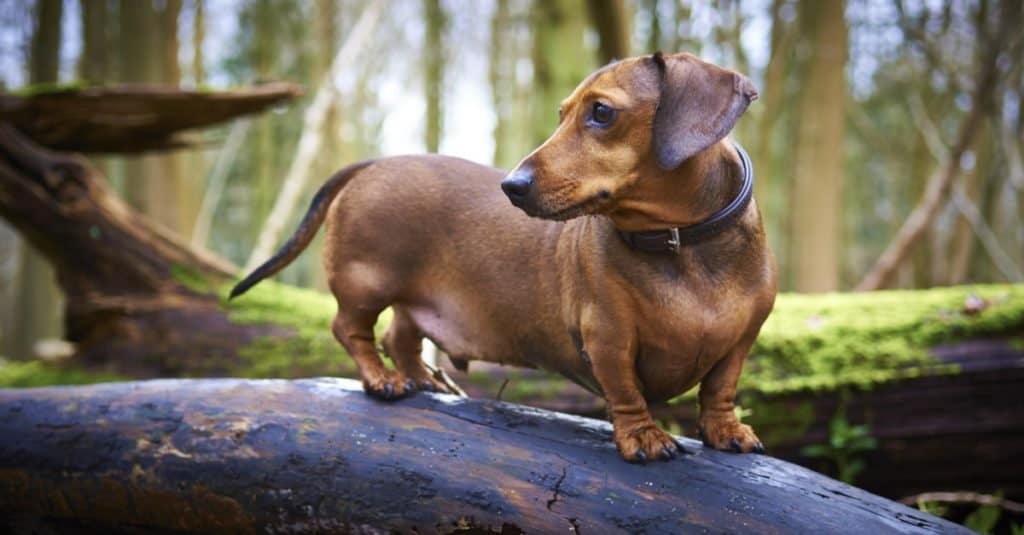
Owen Brown/Shutterstock.com
Doxie Size and Weight
Standard doxies usually weigh between 16 and 32 pounds while their miniature counterparts may weigh under 11 pounds at full maturity. The standard height for doxies is 8 to 9 inches tall at the shoulders.
| Height (Male) | 9’’ tall |
| Height (Female) | 8’’ tall |
| Weight (male) | 32lbs, fully grown |
| Weight (female) | 32lbs, fully grown |
Doxie Common Health Issues
The most common health issue in doxies is intervertebral disc disease. This is also the most common spinal disease in dogs. This can lead to dehydration, bladder issues, and paralysis in certain cases. Epilepsy in dogs can be genetic or brought about by a hard fall or blow to the head. In many cases, this condition can be controlled by medication which can be provided by a veterinarian.
Health and Entertainment for your Dachshund
See all of our expert product reviews.
Progressive retinal atrophy (PRA) is a degenerative eye disorder and is detectable years before the dog shows any signs of blindness, though that is the eventual result. Gastric dilation-volvulus (GDV) is more commonly known as bloat or torsion and shows up the most in larger dogs. Due to the dachshund’s deep chest, it can also affect this breed. GDV can be fatal if not treated immediately. Suspect torsion if your dog has a distended abdomen, is salivating excessively, and retching without throwing up. Other possible indicators are restlessness, depression, lethargy, and weakness with a rapid heart rate.
In sum, the most common health issues with doxies are:
- Intervertebral Disc Disease
- Epilepsy
- Progressive Retinal Atrophy (PRA)
- Gastric Dilation-Volvulus (GDV)
Doxie Temperament and Behavior
The doxie is known to be a stubborn but playful and devoted dog who is often wary of strangers but loyal to his owners, including children.
These personality traits ensure that your doxie will be an independent creature who may take to one member of the family more than the rest.
They will love to play but can also be quite mischievous; their instinct to hunt may also manifest as digging in the backyard, so watch out for your newly planted flowers! Breeders should be able to provide family information to give context for individual temperaments.
How To Take Care of a Doxie
New pet owners looking for how to care for doxies, specifically dachshund puppies, must consider a range of unique factors. Whether you are looking to rescue or buy this breed, it is important that you consider all of its needs. It is best to begin training from socialization to obedience and crating very early if it is possible. This will make it easier for your doxie to trust strangers and other animals more readily.
The Best Dog Food for Dachshunds
Doxie puppy dog food: Puppy food tends to be higher in protein and enriched with minerals, essential fats, vitamins, and more. Since dachshunds are small dogs are mature more quickly, check with your vet to determine how long you should consider your dog to be a puppy. Prices will vary.
Doxie adult dog food: As this breed is quite susceptible to obesity, be sure to choose the best quality dog foods. The recommended overall daily amount of food for an adult doxie is ½ to 1 ½ cups of high-quality dog food per day, depending on the size and activity level of the individual dog.
Dachshund owners should review the breed’s individual health needs and potential conditions when comparing dog food.
Fortunately, there’s a special dog food meant specifically for Dachshunds, Royal Canin Dachshund Adult Breed Specific Dry Dog Food, which we consider the best Dachshund dog food at A-Z Animals.
This food offers precise levels of protein and L-carnitine to promote lean muscle and help Dachshunds stay at a healthy weight, so as not to exacerbate intervertebral disc disease risk or symptoms. There’s taurine for a strong heart and clear eyes, and nervous system support nutrients like manganese, potassium, thiamine, and more since Dachshunds are prone to epilepsy.
Here’s where to find Royal Canin Dachshund Breed Specific Dog Food.
- Contains calcium and phosphorus for joint and bone support
- Highly digestible proteins
- Specially formulated for the nutritional needs of dachshunds
- Specially designed rounded-rectangle kibble
Doxie Maintenance and Grooming
Doxies have three different types of coats: smooth, wirehaired, and longhaired.
The Smooth dachshund’s coat is short and shiny. Wirehaired dachshunds have a very different coat, with short, thick, hard hair on the topcoat with a softer undercoat. Longhaired dachshunds have glistening, slightly wavy long hair which gives them an elegant appearance.
This low-maintenance breed only sheds a small amount and generally only needs bathing every three months. Smooths can be wiped with a damp cloth between baths to keep them clean.
Wirehaired dachshunds require regular brushing, and they’ll need to have their coats “stripped” two to three times a year to look their best. Ask a groomer or breeder how to do this.
Longhaired dachshunds must be brushed regularly and should be bathed more often than the Smooth dachshund. For their hair to look its best, opt to blow dry it.
Be sure to wipe your doxie’s droopy ears, to avoid fungus, bacteria, and mites. Do this weekly by moistening a cotton ball with an ear cleaner recommended by your veterinarian. Other grooming needs include nail care and dental hygiene.
Doxie Training
Doxies are intelligent dogs that can learn quickly if motivated in the proper way (hint: this often involves food or treats as rewards, but toys work too!) When it comes down to it, positive reinforcement is key. Begin with short training sessions to keep their attention.
When housetraining, patience and consistency are vital. Doxies do not do well living outdoors, and this sometimes translates to the feeling that they can relieve themselves indoors, as well. Crate training can be a good supplement to this but be sure not to crate train for more than a few hours at a time so that your dog does not feel like they are being punished. Rescues may react differently or require more patience.
Doxie Exercise
Doxies love to play outdoors with other dogs and taking walks. They are also known to hunt and dig, which can mean toys or small game, so be aware of this. This breed is also active inside the house and will do well in small living quarters as long as they get a moderate amount of daily exercise. Two half-mile walks a day (about 10 minutes each) is the recommended average amount. Occasionally, when time is short, a game of fetch will meet their need for activity. Other times, they can go for a little longer if you are hoping to spend the day exploring with them.
Doxie Puppies
Doxie puppies’ mischievous side can come out and cause them to be quite destructive, and patience is key for these dogs when they are young. Easily trained, it just takes a little time to get them to remain confident but obedient.

kallevalkama/Shutterstock.com
Doxies and Children
Doxies are a wonderful dog for families with children of any age, so long as they are introduced early on. A great watchdog, they might be warier of other children and strangers, so be mindful of playtime and introducing them to guests. Dachshunds’ backs are quite fragile due to the shape of this dog, so remind children that they should only ever hold the dog if they are seated on the floor. Otherwise, playing gently and being mindful of how dogs should be interacted with is important.
Dogs Similar to Doxie
Other similar dog breeds to the doxie include the Pembroke Welsh corgi, the Scottish terrier, and the Beagle.
- Pembroke Welsh Corgi: This breed can be identified by its short but powerful legs, big black eyes, compact body, and long ears relative to body size.
- Scottish Terrier: The Scottish Terrier is a miniature, short-legged breed with a big personality and self-confident style.
- Beagle: A beagle is a small to medium-sized dog with short hair. They are popular dogs for families who can give them lots of exercise and space to run.
Famous Doxies
Doxies are one of the most well-known breeds of dog out there, to animal lovers and even those less accustomed to pets. This means that, throughout history, there have been a few “famous” doxies.
Former United States President John F. Kennedy (JFK) purchased Dunker as a puppy for his girlfriend at the time. Unfortunately, Dunker never made it out of Europe because JFK was allergic to him. Poor guys!
Pablo Picasso, the famed painter, once had a friend and that friend had a dog named Lump. When Picasso and Lump met, they couldn’t be separated, and Lump ended up staying with the painter. There is even a book on their relationship floating around out there somewhere!
Finally, the oldest dog alive today (as of 2021) is a miniature dachshund from Japan named Funny! The dog was born in 1999 and is currently 21 years old.
Popular Names for Doxies
Popular names for doxies include:
- Anja
- Ingrid
- Arnold
- Bruno
- Leon
- Elsa
- Lena
- Otto
Last update on 2022-07-06 / Affiliate links / Images from Amazon Product Advertising API
View all 62 animals that start with D
Dachshund FAQs (Frequently Asked Questions)
How do you pronounce dachshund?
Dachshund is a German word that can be challenging to pronounce. It’s two syllables and sounds like dock-sunned.
How much do dachshunds cost to own?
Rescuing always offers a lower price than buying, but weekly costs for a doxie range from $25-$35 USD. Purchasing this dog can price anywhere from $400-$1500 USD.
Are dachshunds good family dogs?
Yes, they are good family dogs. One exception to take note of though is they must be monitored with children who are under 5 years old. These small dogs have very sensitive backs and may snap at a young child who falls near them, pulls their drop ears, or tries to hold them.
How big do dachshunds get?
There are a miniature and a standard dachshund. A standard (the larger size) can grow to be 25 inches long, 9 inches tall, and weigh 32 pounds.
Do dachshunds bark a lot?
Yes. Barking is one of the ways this small dog expresses its bold personality.
How long do dachshunds live?
The lifespan of a dachshund ranges from 12 to 15 years. But there have been dachshunds who have lived to be 20 years old or more!
Are Dachshunds herbivores, carnivores, or omnivores?
Dachshunds are Omnivores, meaning they eat both plants and other animals.
What Kingdom do Dachshunds belong to?
Dachshunds belong to the Kingdom Animalia.
What class do Dachshunds belong to?
Dachshunds belong to the class Mammalia.
What phylum to Dachshunds belong to?
Dachshunds belong to the phylum Chordata.
What family do Dachshunds belong to?
Dachshunds belong to the family Canidae.
What order do Dachshunds belong to?
Dachshunds belong to the order Carnivora.
What type of covering do Dachshunds have?
Dachshunds are covered in hair.
What genus do Dachshunds belong to?
Dachshunds belong to the genus Canis.
What is an interesting fact about Dachshunds?
The Dachshund is a fun and playful breed of small dog!
What is the scientific name for the Dachshund?
The scientific name for the Dachshund is Canis lupus.
What is a doxie?
This is a more easily pronounced and spelled name for a dachshund.
How often should you bathe a doxie?
Doxies don’t need to be bathed often, around once every three months no matter what coat your doxie has.
Do dachshund beagles shed?
This crossbreed sheds no more than the average dog, though those with allergies should be mindful that there is shedding.
How big does a beagle dachshund mix get?
Beagle dachshund mixes average the same size as standard doxies.
What’s the difference between a dachshund and a doxin?
There is no difference between a dachshund and a doxin– they are simply different names for the same dog!
What’s the difference between a standard dachshund and a miniature dachshund?
Miniature dachshunds are much smaller than standard dachshunds. Otherwise, these two dog breeds are very similar.
Sources
- Dogtime, Available here: https://dogtime.com/dog-breeds/dachshund#/slide/1
- The Smart Canine, Available here: https://thesmartcanine.com/how-much-dachshunds-cost/
- Dachshund Station, Available here: https://www.dachshundstation.com/
- American Kennel Club, Available here: https://www.akc.org/dog-breeds/dachshund/
- Alpha Paw, Available here: https://www.alphapaw.com/blog/famous-sausage-dogs-throughout-history/
- Dachshund Rescue, Available here: https://dachshundrescue.org.uk/

